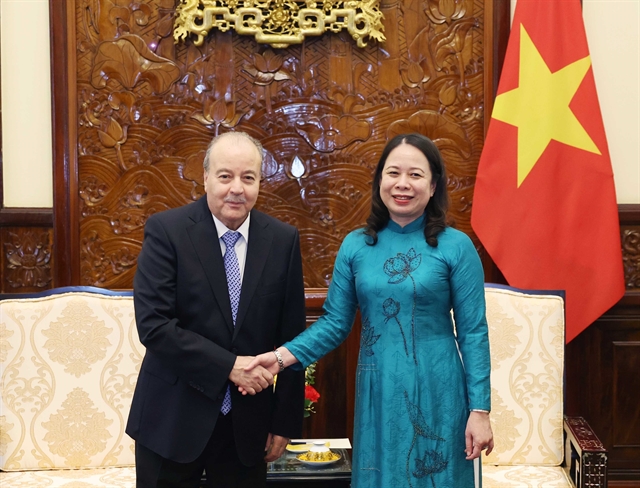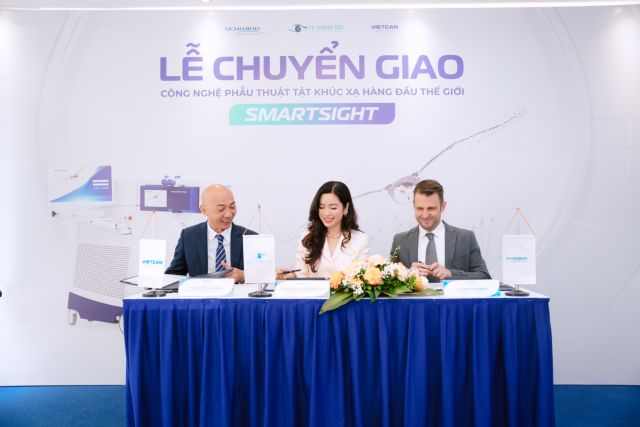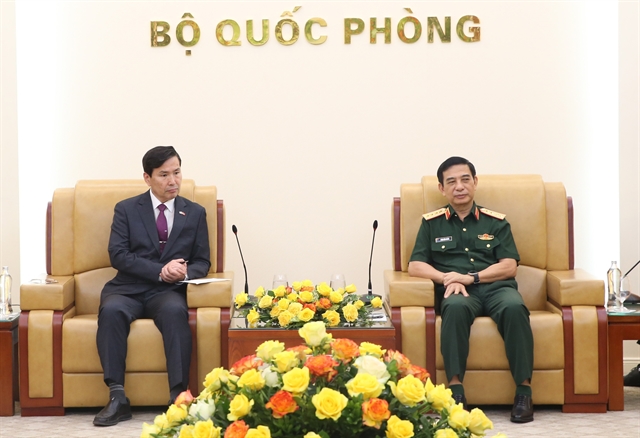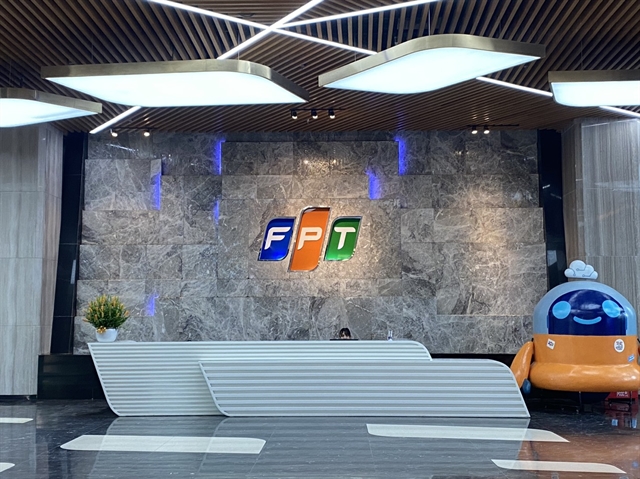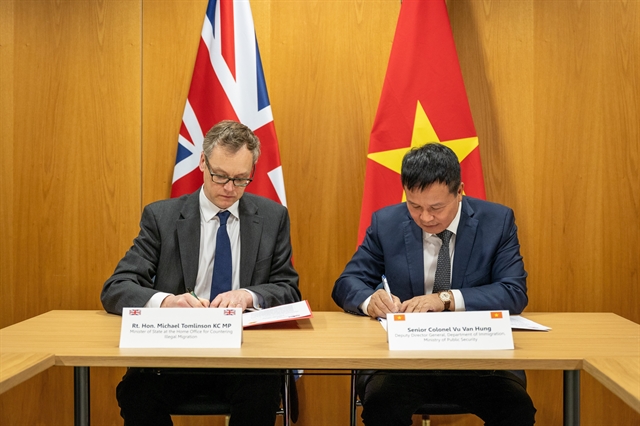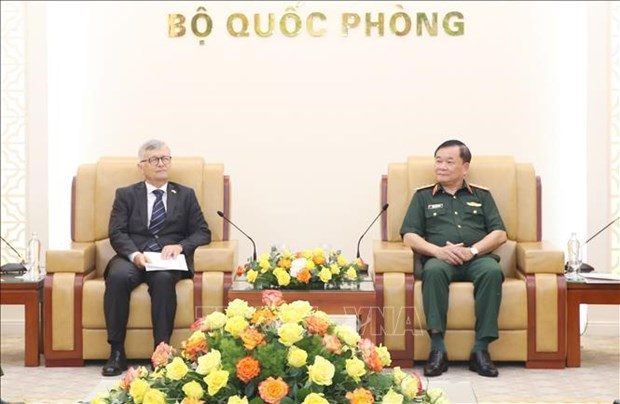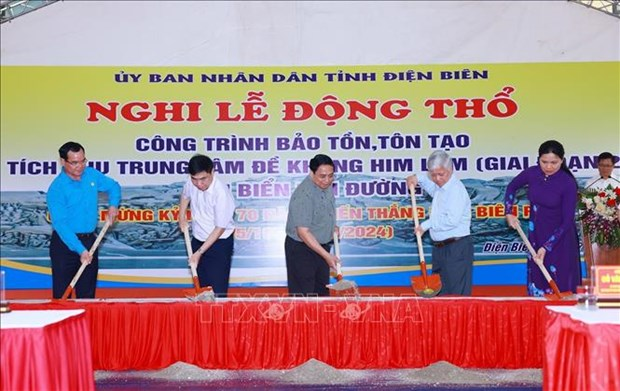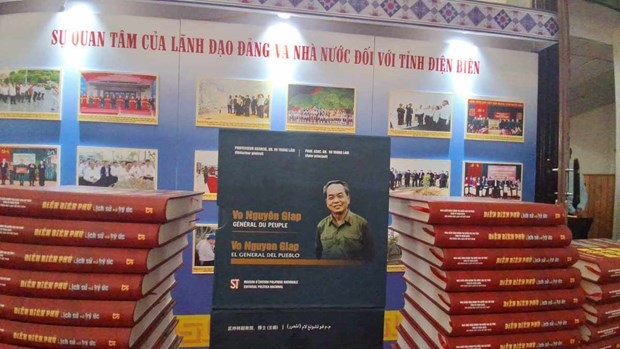 Features
Features
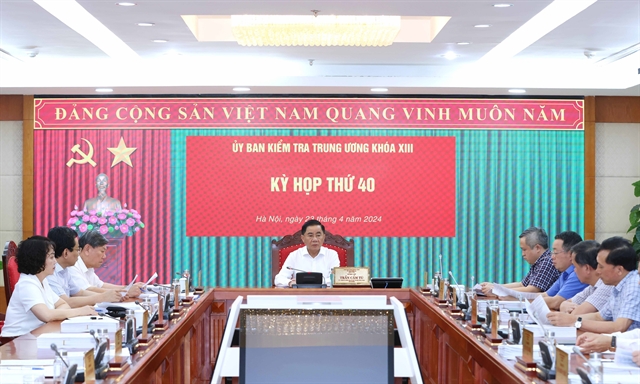
For the first time, Việt Nam has six athletes competing in the Asian Winter Games held in Sapporo, Japan. The athletes will compete in alpine skiing, cross-country skiing and snowboarding. Mai Bá Hùng, deputy director of the HCM City Department of Culture and Sport, tells Thanh Nga that training was done mostly with simulation equipment.
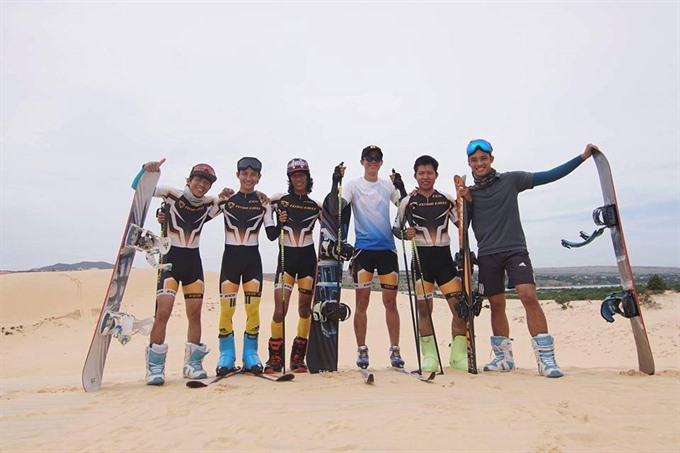 |
| Simulation: Six Vietnamese athletes practises for the Winter Games on sand dunes of Mũi Né, Phan Thiết City. — Photo anyarena.com |
Sport Talks
For the first time, Việt Nam has six athletes competing in the Asian Winter Games held in Sapporo, Japan. The athletes will compete in alpine skiing, cross-country skiing and snowboarding. Mai Bá Hùng, deputy director of the HCM City Department of Culture and Sport, tells Thanh Nga that training was done mostly with simulation equipment.
Is it unusual that a snowless country like Việt Nam takes part in a winter sports competition. Can you comment on this?
Việt Nam is a member of the Olympic Council of Asia so it has the responsibility to take part in its official tournaments like Asiad, Beach Games, Indoor Games and Winter Games. This is a very special journey for Việt Nam as it is the first time in our history that we are taking part in a Winter Games. In the Olympic spirit, we have overcome difficulties and challenges to participate in the event.
It is also a chance for us to develop new sports. Tropical countries like Malaysia, Singapore and Thailand have participated in this event many times.
What is Việt Nam’s aim at this Winter Games?
We are in the tournament with an inquiring mind. Việt Nam is developing several snow and ice sports. There are some private enterprises have invested in facilities and professional coaches. We have professional figure-skaters, however, we haven’t met the International Skating Union’s demands, so we will compete in this category at the Asian Winter Games later.
To prepare for this event, where did Vietnamese athletes practise?
Of the six athletes, just two were sent to South Korea for a short-term training session. The other four practised in Việt Nam with simulation equipment. They trained from May, 2016 to January 2017. In HCM City, they practised with simulated equipment like roller skis (these devices are also used in countries which have a developed winter sports industry to train in summer), and skateboards to hone their skills and flexibility. They’ve also had training sessions in the sand dunes of Mũi Né in the south central coastal city of Phan Thiết City to get used to the sports gear, and practise their posture on slopes.
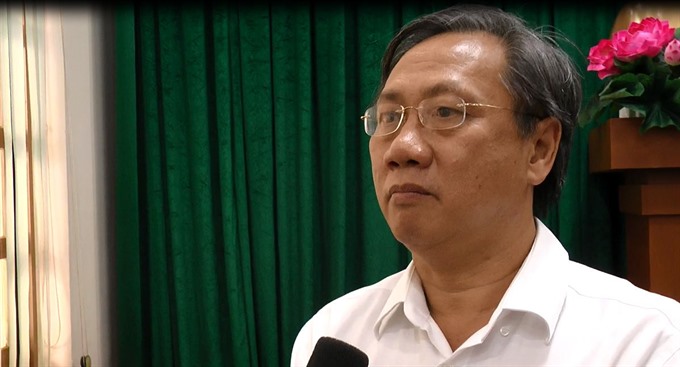 |
| Official: Mai Bá Hùng, deputy director of the HCM City Department of Culture and Sport, who will lead the Vietnamese contingent to the Winter Games in Japan this month. — Photo wfvv.vn |
What if South Korea can continue supporting Vietnamese athletes to train for winter sports every year?
This will be a very good chance for Việt Nam to train in an ideal place; and it is also a chance for countries, especially the hosts, to have more exchanges in culture, sports and tourism to strengthen ties.
Can Vietnamese athletes gain high results if they have good coaches?
At present, there are many entertainment sports which are developing fast in HCM City. We have professional athletes who have done well in international tournaments, especially in sports which are similar to winter sports in terms of technique, flexibility and balance ability like roller sports, skateboard and surfing. This is a favourable base for athletes to receive knowledge and skills when they are trained by professional coaches. However, to gain high results in continental tournaments, we need to invest seriously in both facilities and training work.
Which sports did the Vietnamese athletes play before taking winter sports?
These athletes were professional in roller sports, surfing and skateboarding. Some of them competed in the Southeast Asian Games in 2011 and Asian Beach Games in 2012.
What about competition and training expenses?
Domestic training expenditure is sponsored by the Hồng Quân Sports Company. The organising board of the Dream Programme in Pyeongchang Province sponsored training in South Korea. Competition expenses are being met by the National Sports Administration, Asian Winter Games’ organizers as well as by other individuals and organizations. — VNS
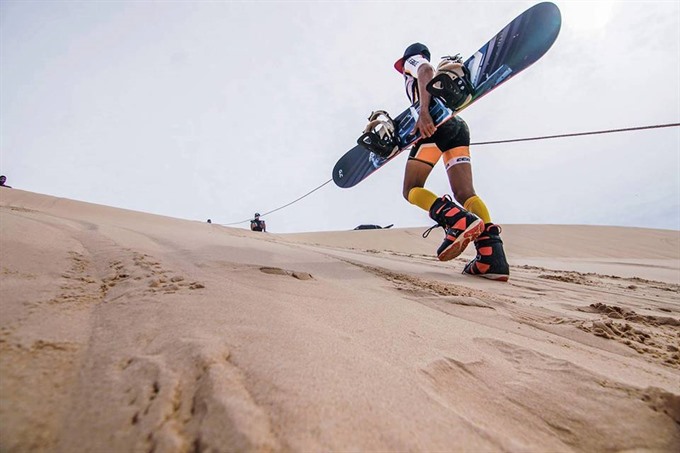 |
| Uphill task: A Vietnamese athlete walks up a sand due with a snowboard in Mũi Né, Phan Thiết City. — Photo anyarena.com |

